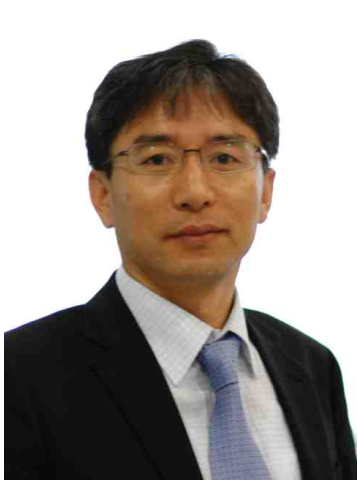Design Methodology for Fuzzy Logic Control System and its Defuzzification Algorithms

Byung-Jae Choi
President of the Korean Institute of Intelligent Systems (KIIS), Republic of Korea
Dean, College of Information and Communication Engineering, Daegu University, Republic of Korea
Professor, School of Electronic Engineering, Daegu University, Republic of Korea
Abstract:
Since the fuzzy logic theory was first introduced by Lotfi A. Zadeh, its application to automatic control areas has emerged as most fruitful results. In spite of its many advantages, its many tuning parameters make difficult to design a good controller. It is closely related to the number of input variables of the FLC. In most cases, FLCs use the error and its derivative terms as their input variables. In general, as the plant becomes more complex, the number of input variables increases.
A two-dimensional type rule table for the minimum phase plant has important properties. They make possible to derive a new variable called a signed distance. It is used as a sole input variable for the FLC. Then its rule table becomes very simple and the number of control rules, tuning parameters and computational complexity has been reduced.
One of other issues on the design of the FLC is a defuzzification method. There are so many algorithms for the defuzzification of a fuzzy logic system. In this speech, we will discuss a new defuzzification algorithm called vector sum based method.
Several simulation examples are presented to compare their performances.
Biography:
Prof. Byung-Jae Choi received Master and Ph.D. degrees in KAIST, Korea, in 1989 and 1998, respectively. He was a researcher of Applied Electronic Division, Korea Electric Power Research Institute, KEPCO, Korea, from 1989 to 1995. In 1999, he joined as a Professor of Department of Electronic Engineering, Daegu University, Korea. From 2002 to 2003, he was a research associate of Department of Electrical and Computer Engineering, Duke University in USA. He severed Dean of Research Affairs and Director of Industry and Academic Cooperation Foundation in Daegu University. He is a full professor and a director of Training Center for Leadership in Rehabilitation Industry in Daegu University. He published about 130 papers and books. His research interests concern the intelligent control and systems. His main contribution is in the fuzzy logic control and its applications.